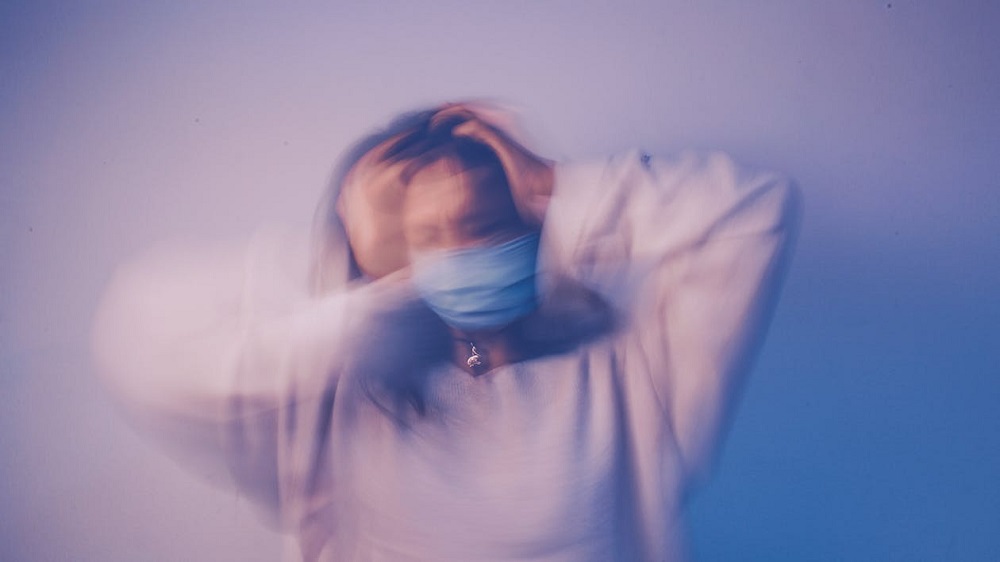Clinical Depression: Understanding, Coping, and Conquering

Clinical depression, often simply referred to as depression, is a mental health disorder that affects millions of people worldwide. It’s a condition that goes beyond the occasional blues; it’s a persistent, deep-seated feeling of sadness and hopelessness that can significantly impact one’s life. In this comprehensive article, we delve into the multifaceted world of clinical depression, examining its various aspects, applications, and challenges, with a focus on providing accurate, relevant, and helpful information to our readers. Join us on this journey to understand, cope with, and conquer clinical depression.
What Is Clinical Depression?
Clinical depression, also known as major depressive disorder, is a mood disorder characterized by a pervasive and long-lasting sense of sadness, loss of interest or pleasure, and a lack of energy. Unlike typical mood fluctuations, clinical depression can persist for weeks, months, or even years. Let’s explore the different dimensions of this condition.
Clinical Depression: A Multifaceted Understanding
To comprehend clinical depression fully, it’s essential to recognize its various facets, including:
- Biological Factors: There is strong evidence suggesting a biological basis for clinical depression. Brain chemistry imbalances, genetics, and hormonal fluctuations can contribute to the development of this condition.
- Psychological Factors: Psychological stressors like trauma, loss, or ongoing stress can trigger or exacerbate clinical depression. Negative thought patterns and low self-esteem play a significant role as well.
- Social Factors: Social isolation, lack of support, or strained relationships can contribute to the onset of depression. A strong social network is often seen as a protective factor.
- Environmental Factors: Living in a challenging environment, such as poverty, can make one more vulnerable to depression.
Clinical Depression: Recognizing the Symptoms
Identifying the symptoms of clinical depression is crucial for early intervention. Common symptoms include:
- Persistent sadness or a “low” mood
- Loss of interest or pleasure in previously enjoyed activities
- Fatigue and low energy
- Difficulty concentrating or making decisions
- Changes in appetite or weight
- Insomnia or oversleeping
- Feelings of worthlessness or excessive guilt
- Recurrent thoughts of death or suicide
Diagnosis and Treatment
Diagnosing clinical depression involves a comprehensive evaluation by a mental health professional, such as a psychiatrist or psychologist. This evaluation may include interviews, psychological assessments, and a review of the patient’s medical history.
Treatment Modalities
Clinical depression is a treatable condition, and there are several effective approaches:
- Therapy: Psychotherapy, or talk therapy, is often the first line of treatment. Cognitive-behavioral therapy (CBT) and interpersonal therapy (IPT) are common forms of therapy for depression.
- Medication: Antidepressant medications, such as selective serotonin reuptake inhibitors (SSRIs), can help regulate brain chemistry and alleviate depressive symptoms.
- Lifestyle Changes: Regular exercise, a balanced diet, and sufficient sleep can all contribute to improved mood. Avoiding alcohol and recreational drugs is also crucial.
- Electroconvulsive Therapy (ECT): In severe cases where other treatments have not been effective, ECT may be considered.
Challenges and Stigma
Despite the advances in understanding and treating clinical depression, there are still significant challenges to overcome, one of which is the stigma associated with mental health issues. People with depression often face discrimination or lack of understanding from others. It’s important to raise awareness and educate society to reduce this stigma.
The Roadblocks to Seeking Help
Many individuals with clinical depression hesitate to seek help due to various reasons, including:
- Fear of judgment or discrimination
- Misconceptions about mental health treatment
- Self-stigma and shame
- Lack of access to affordable mental health care
It’s essential to create a supportive and understanding environment to encourage those suffering from depression to seek the help they need.
Coping Strategies and Self-Care
Coping with clinical depression can be challenging, but there are strategies that can make a significant difference in one’s life.
Self-Care for Mental Health
- Routine: Establishing a daily routine can provide a sense of stability and predictability, which can be comforting during depressive episodes.
- Social Support: Seek out friends and family who are understanding and supportive. Don’t hesitate to share your feelings and experiences.
- Mindfulness and Meditation: These practices can help you stay in the present moment, reducing rumination on past or future worries.
- Hobbies and Interests: Engaging in activities you enjoy can help lift your mood and provide a sense of accomplishment.
- Professional Help: Never underestimate the value of seeking professional mental health support. A qualified therapist or psychiatrist can guide you through your journey to recovery.
Frequently Asked Questions
Is clinical depression the same as feeling sad?
No, clinical depression is not just feeling sad; it’s a persistent, deep-seated condition that lasts for an extended period, often without a clear external cause.
Can depression be completely cured?
While clinical depression can be managed effectively, it is often a recurring condition, and individuals may experience multiple episodes throughout their lives.
How can I support a loved one with depression?
Offer emotional support, encourage them to seek professional help, and educate yourself about depression to better understand their experience.
Are there any natural remedies for depression?
Certain lifestyle changes, like exercise and a balanced diet, can help manage symptoms, but clinical depression often requires professional treatment.
Is clinical depression hereditary?
There is a genetic component to clinical depression, but it’s not solely determined by genetics; environmental and psychological factors also play a significant role.
Can depression lead to other health problems?
Yes, untreated depression can increase the risk of other health issues, such as heart disease, diabetes, and substance abuse.
Conclusion
Clinical depression is a complex and challenging condition, but it’s essential to remember that it’s treatable, and many people lead fulfilling lives after receiving proper care and support. The first step is seeking help, and the journey to recovery often involves therapy, medication, self-care, and the support of loved ones. Let’s work together to reduce the stigma surrounding clinical depression and provide a more empathetic and understanding society for those affected.








